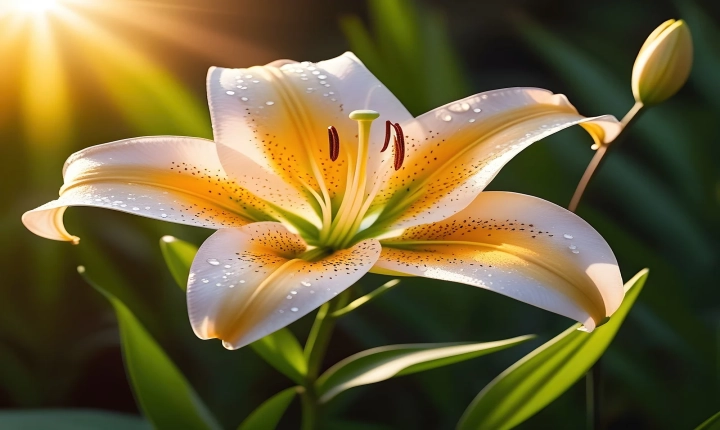Creating AI generated songs has been an increasingly popular topic in music production. With advancements in artificial intelligence and machine learning, it is now possible for anyone to create their own AI-generated songs. In this article, we will explore the process of creating AI songs and how to utilize AI technology to produce unique and original music.
Step 1: Choose the Right AI Music Generation Tool
There are several AI music generation tools available that can help you create your own AI-generated songs. Some popular options include Amper Music, Jukedeck, and AIVA. These tools use complex algorithms and machine learning techniques to compose original music based on input parameters such as genre, mood, tempo, and instrumentation.
Step 2: Define the Parameters
Before you start creating your AI song, it’s important to define the parameters for your music. Consider the genre, mood, tempo, and any specific musical elements you want to include in your song. Some AI music generation tools allow you to input these parameters, while others use pre-programmed styles to generate music.
Step 3: Input Data and Generate Music
Once you have defined the parameters for your song, it’s time to input the data into your chosen AI music generation tool. This could be as simple as selecting the genre and mood, or as complex as specifying the exact chord progressions, melody, and instrumentation you want to include in your song. Once you input the data, the AI tool will use its algorithms to generate a unique piece of music based on your input.
Step 4: Refine and Edit
After the AI tool has generated the music, it’s important to listen to the resulting song and make any necessary refinements or edits. This may include adjusting the tempo, adding or removing certain musical elements, or rearranging the song structure to better fit your vision.
Step 5: Arrange and Produce
Once you are satisfied with the AI-generated music, you can proceed to arrange and produce the song using traditional music production techniques. This may involve adding vocals, additional instrumentation, or mixing and mastering the final track to achieve a polished and professional sound.
Step 6: Share and Collaborate
After creating your AI-generated song, don’t be afraid to share it with others and collaborate with other musicians and producers. AI-generated music can serve as a great starting point for collaboration, allowing you to build upon the generated music and create something truly unique and original.
In conclusion, creating AI-generated songs is an exciting and innovative way to explore new musical possibilities. With the right AI music generation tools and a creative mindset, anyone can harness the power of artificial intelligence to produce original and compelling music. As AI technology continues to advance, the potential for creating AI songs will only continue to grow, opening up new avenues for musical experimentation and expression.
